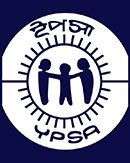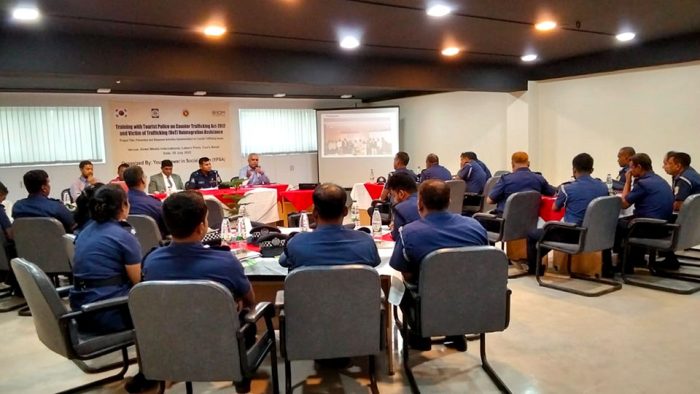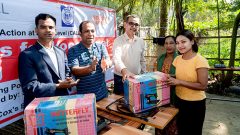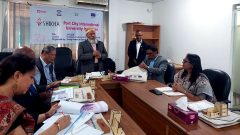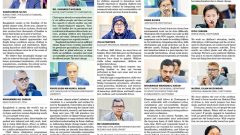On 29th July 2025, Young Power in Social Action (YPSA) organized an interactive training session in Cox’s Bazar on the “Prevention and Suppression of Human Trafficking Act 2012” and the sustainable reintegration of victims of trafficking. Senior officials from the Tourist Police, Cox’s Bazar Region, participated in the training.
The “Training with Tourist Police on CT Act-2012 and VoT Reintegration Assistance” was organized under the project titled “Prevention and Response Activities Implementation on Counter Trafficking Issues,” being implemented by YPSA in collaboration with the International Organization for Migration (IOM).
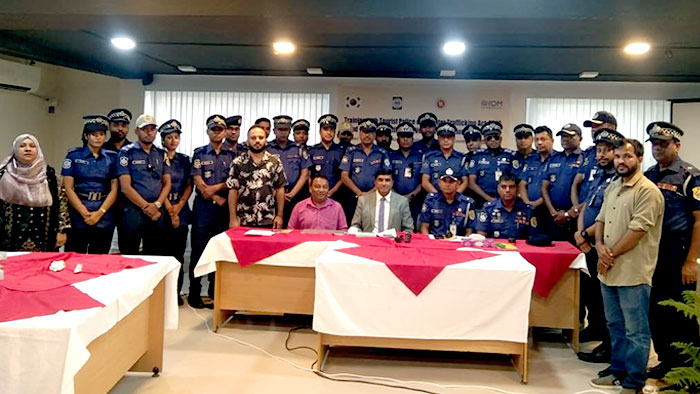
In his welcome speech, Dr. Md. Arifur Rahman, Founder and Chief Executive of YPSA said, “YPSA has been working in close collaboration with the Government of Bangladesh for nearly two decades to combat human trafficking. Based on our extensive organizational experience, we firmly believe that it is impossible to eradicate human trafficking and ensure the sustainable reintegration of victims without active cooperation among all relevant stakeholders—both governmental and non-governmental.”
He further emphasized that, given Cox’s Bazar’s status as a major tourist destination, the Tourist Police have a particularly crucial role to play in countering human trafficking in the Cox’s Bazar.
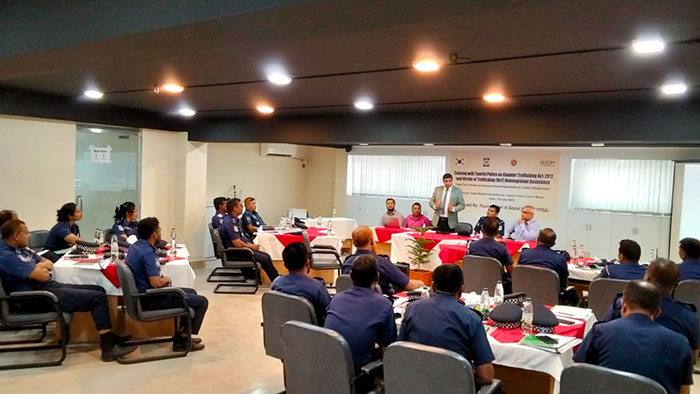
Mr. MD Abdul Mukit, Inspector Admin, Tourist Police, Cox’s Bazar, in his greetings speech said. “We appreciate that YPSA has taken a great initiative to organize training on the ‘Prevention and Suppression of Human Trafficking Act-2012’ for law enforcement agencies. This very initiative of YPSA will equip us and implement the Act in performing our responsibilities with more information and confidence.”

On the on-set of the training session, Mr. Jishu Barua, Assistance Director and Counter Trafficking Focal of YPSA presented an overview of human trafficking of Bangladesh, particularly of Cox’s Bazar. He also shared some scopes of collaboration of both NGOs and law enforcement agencies and legal practitioners to combat human trafficking and assist for sustainable reintegration of victims of trafficking. He pointed out the objectives of training which are as follows.
Objectives of the Training:
- To develop an in-depth understanding of the HT Act 2012 among the Law Enforcement Agency Personnel.
- To enhance the capacity of investigation and prosecution of the HT Cases under the Act.
- To provide protection to the victims of trafficking to ensure their safety and well-being under the Act.
- To increase collaboration among different stakeholders for VoT reintegration and ensure rights and justice for victims of traffickers under the Act.
Professor, A.B.M. Abu Noman, Department of Law, University of Chittagong was the key facilitator to facilitate the training sessions. The training sessions were mainly focused on effective techniques of investigation, appropriate strategies for sustainable reintegration of victims of trafficking, rights of victims and witnesses under anti-human trafficking Act 2012 of Bangladesh.
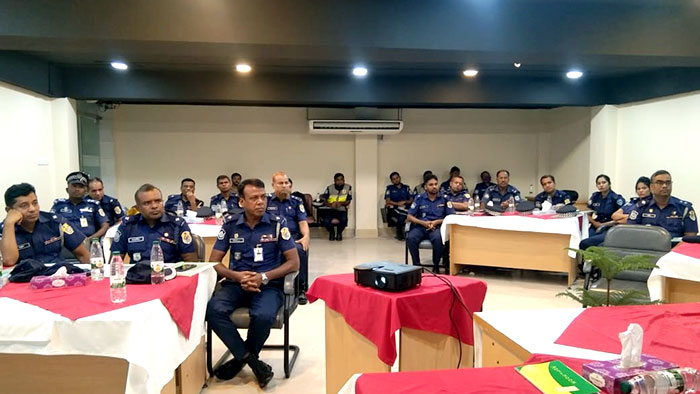
The open discussion session was very interactive. In this session, one statement that appeared to be most significant that the participating law enforcement agency personnel suggested.
Mr. Sujan Kumar Chakraborty, SI, said, “There should be a provision of compensation or allowance for witnesses in human trafficking cases, as many such cases fail to reach a verdict due to the absence of witness testimony, which is often caused by the financial burden on witnesses to attend court.” The participating law enforcement agency personnel and the attending legal practitioners in the training concertedly agreed to the issues and vowed to do advocacy for the inclusion into the legal framework from their respective positions.
